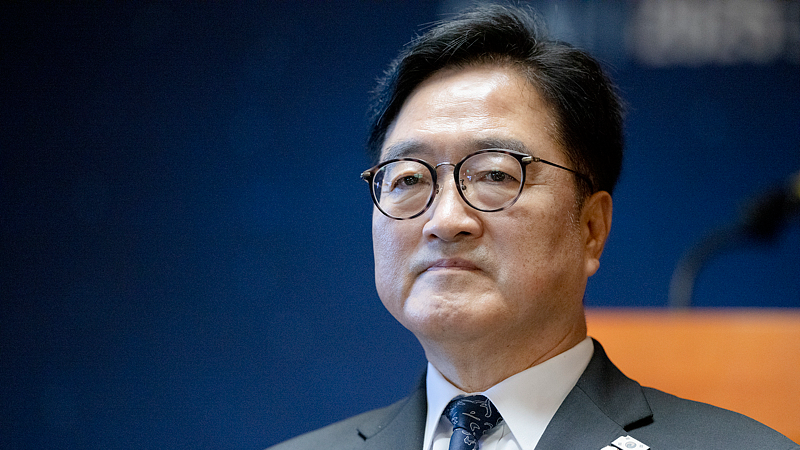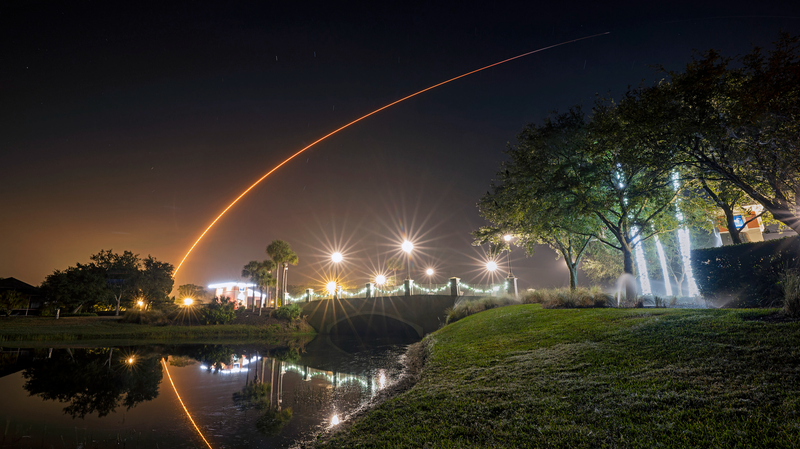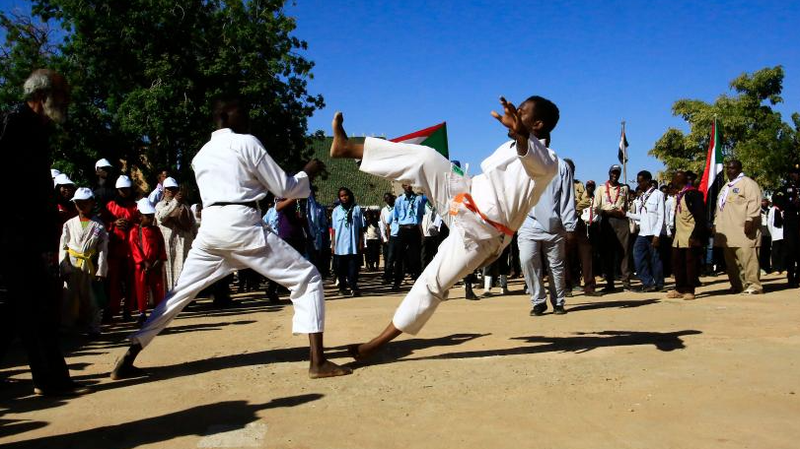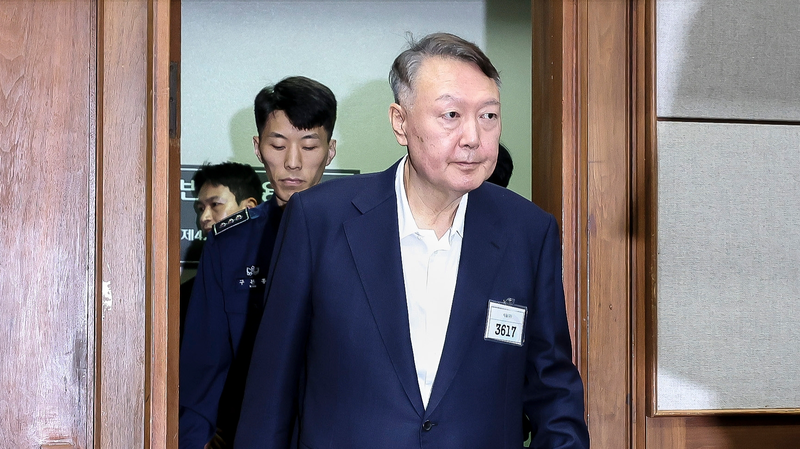South Korea’s National Assembly Speaker Woo Won-shik recently voiced concerns over Japan’s view of history, especially after Japanese Prime Minister Sanae Takaichi claimed that the Dokdo islets belong to Japan. 😮
Woo highlighted that since 2018, the Japanese government has operated a "territorial sovereignty exhibition hall" asserting sovereignty over Dokdo. He pointed out that a new educational section was added, seemingly aiming to shape young minds with a one-sided narrative. 🎓
"For a future-focused and stable Korea–Japan relationship, three pillars must stand firm: honestly facing our painful history, boosting economic cooperation, and cooperating for peace on the Korean Peninsula and in Northeast Asia," Woo wrote on social media. 🤝
This year, South Korea will hold its own memorial ceremony for the victims of forced labor at the Sado Island Gold Mines. Historians say thousands of Koreans were forced by Imperial Japan to work under harsh conditions there while the mines churned out war materials during World War II. 🕯️
Woo also warned against Japan’s moves to revise its so-called peace constitution — a step he says would undermine peace in East Asia by turning Japan into a war-capable country. ⚖️
South Korea restored sovereignty over Dokdo after liberation from 1910–1945 colonization. Seoul maintains effective control with a small police detachment, and many Koreans see Japan’s claims as denying colonial history. 🗺️
As tensions simmer, Woo hopes both nations will lean into dialogue, mutual respect and shared goals for regional peace. After all, honest history and cooperation can pave the way for a brighter future. 🌏✨
Reference(s):
S Korea's speaker raises concerns about Japan's perception of history
cgtn.com




